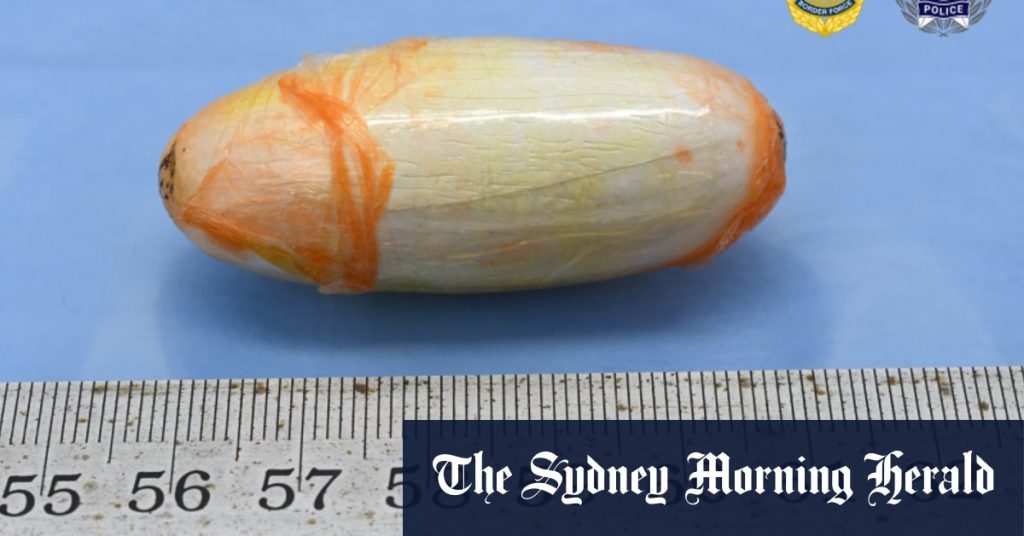This case highlights the dangerous and illicit practice of internal drug smuggling, a method employed by individuals attempting to transport illegal substances across borders by concealing them within their bodies. Two Hungarian nationals, both 33 years old, were apprehended at Perth Airport after arriving on an international flight. A routine baggage search triggered a medical complaint from one of the men, claiming stomach pain and requesting hospitalization. This prompted authorities to escort both individuals to Royal Perth Hospital, where subsequent events unfolded, revealing a sophisticated smuggling operation.
Over an extended period, the two men expelled numerous pellets containing what is believed to be heroin. The first individual excreted 30 pellets over approximately nine hours, with an estimated combined weight of 300 grams. The second man initially vomited two pellets and then, over the course of 30 hours, excreted an additional 29 pellets, amounting to an estimated 310 grams. The street value of the seized heroin is estimated to be nearly $300,000, demonstrating the significant financial incentives driving this illegal trade.
Inspector Shona Davis of the Australian Federal Police (AFP) provided insight into the operation, stating that the men likely ingested 10-gram pellets of heroin before embarking on their flight to Perth. This method of concealment, while potentially lucrative, poses extreme risks to the individuals involved. The possibility of a pellet rupturing within the body could lead to a fatal overdose, highlighting the precarious nature of internal drug smuggling. Furthermore, Inspector Davis emphasized the unsanitary conditions under which these drugs are typically produced and transported, adding another layer of risk to both the smugglers and the eventual users.
The successful interception of this substantial quantity of heroin underscores the collaborative efforts of Australian law enforcement agencies, including the AFP and the Australian Border Force (ABF). Their partnership aims to disrupt the flow of illegal drugs into Australian communities and prevent the exploitation of air travel for criminal activities. This case serves as a deterrent, showcasing the severe consequences awaiting those involved in drug smuggling, and reinforces the commitment of Australian authorities to maintaining border security and safeguarding public health.
The ingestion of drug-filled pellets presents not only a legal risk but also a serious health hazard. The human digestive system is not designed to process foreign objects like these pellets, and their presence can cause a range of complications. Beyond the immediate danger of rupture and overdose, there’s the potential for blockages within the intestinal tract, leading to severe pain, infection, and potentially life-threatening conditions. The process of expelling the pellets is also arduous and can cause further physical distress.
This incident also highlights the broader issue of international drug trafficking and the lengths to which individuals will go to participate in this illicit trade. The allure of financial gain often overshadows the inherent dangers, leading people to take extreme risks with their own lives and well-being. The apprehension of these two Hungarian nationals is a small victory in the ongoing fight against drug trafficking, but it serves as a stark reminder of the persistent challenges facing law enforcement agencies worldwide. Continued vigilance, international cooperation, and public awareness campaigns are crucial in combating this global problem and protecting communities from the devastating consequences of drug abuse.










